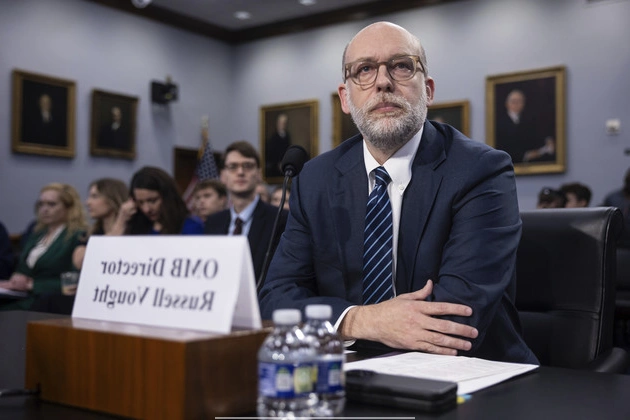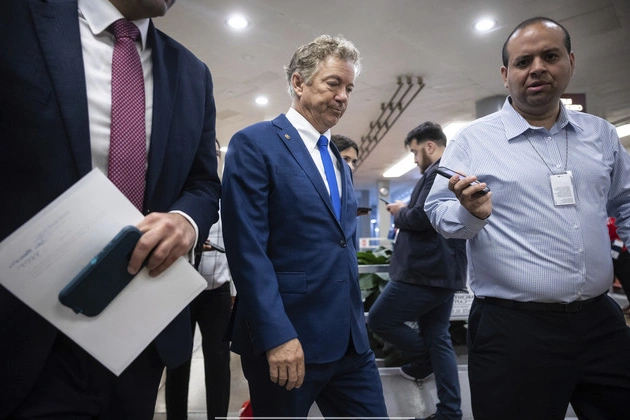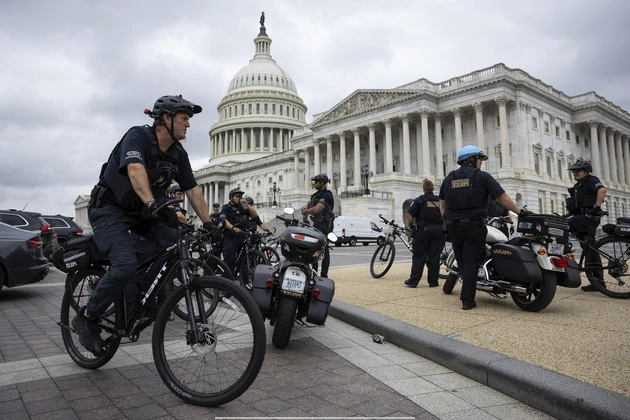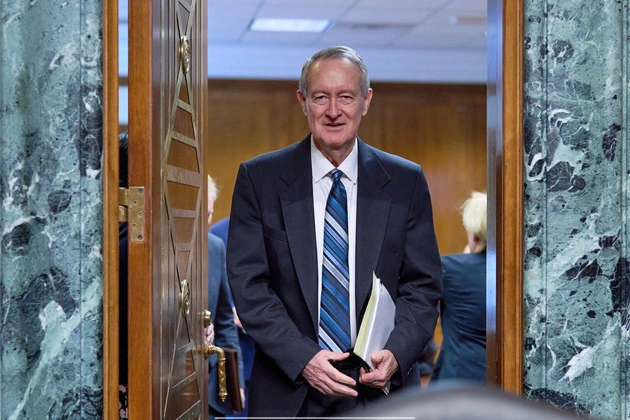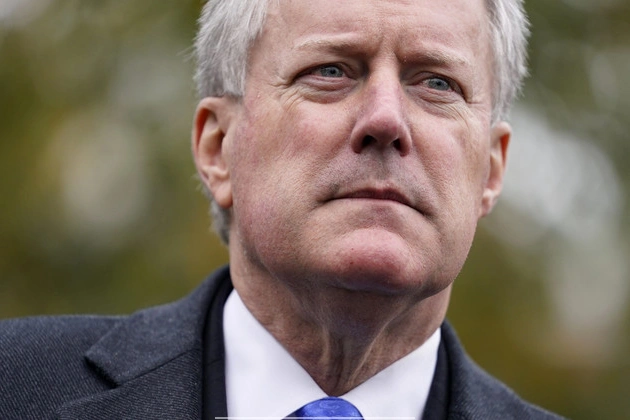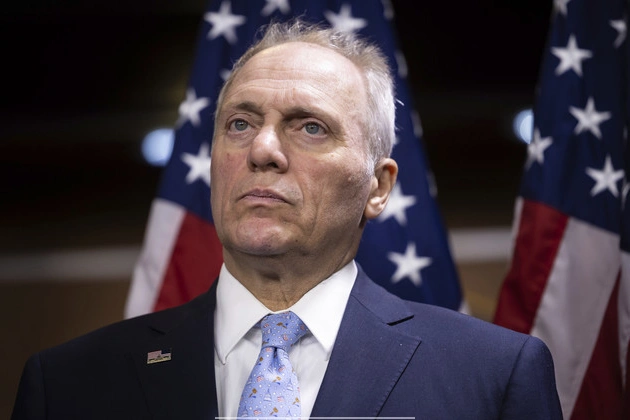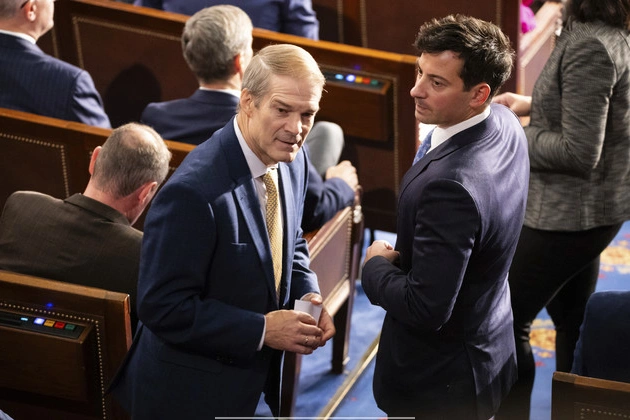
The Debate Over Federal Workforce Cuts
Ohio Rep. Jim Jordan recently spoke out about the mass firings of federal workers, dismissing critics’ concerns. He questioned the focus on individual cases, like the firing of a locksmith at Yosemite National Park, and emphasized the need for broader discussions.
In a recent interview on “Fox News Sunday,” Jordan criticized the attention given to specific job losses, such as the dismissal of a park employee responsible for rescuing visitors from locked restrooms. He suggested that the real issue lies in understanding the systemic challenges faced by national parks across the country.
Challenges at National Parks and Agencies
The concerns raised in The Washington Post article extended beyond individual job losses to highlight larger issues affecting national parks. Instances of visitor safety issues at locations like the Grand Canyon National Park in Arizona and the Gettysburg National Military Park in Pennsylvania were highlighted.
Former seasonal park rangers also voiced their concerns, describing a sense of chaos in various parks, including Alaska’s Denali National Park and Preserve. These testimonials shed light on the complexities faced by federal agencies in managing their operations.
Support for Administration’s Actions
Jim Jordan, a prominent Republican representative and former chair of the House Freedom Caucus, defended the mass firings as part of President Donald Trump’s commitment to fulfilling campaign promises. He emphasized the administration’s proactive approach in implementing policy changes.
Reports indicate significant workforce reductions across various federal agencies, including the U.S. Forest Service and the Department of Defense. The restructuring efforts aim to streamline operations and reduce costs, aligning with the administration’s objectives.
Response from Senators
While some senators expressed support for the administration’s initiatives, others called for compassion towards affected employees. Oklahoma Sen. Markwayne Mullin highlighted the need for fiscal responsibility, emphasizing the importance of efficient resource allocation.
Senator John Curtis of Utah echoed these sentiments, urging a balanced approach that considers the human impact of workforce reductions. He emphasized the importance of empathy and thoughtful decision-making in managing organizational changes.
As the debate continues, the implications of federal workforce cuts on government operations and employee livelihoods remain a topic of intense scrutiny and discussion.






